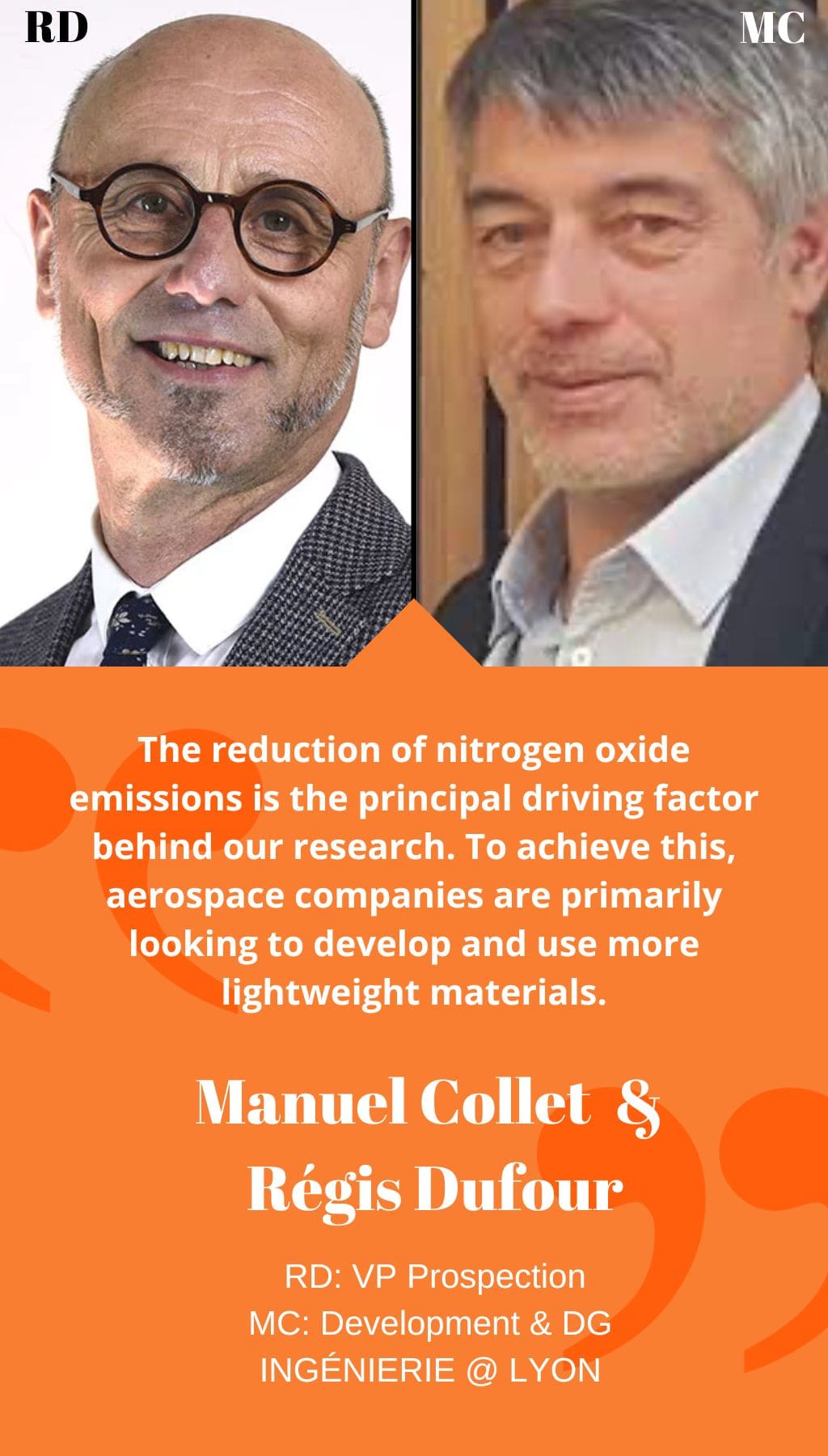
- France | 30 July 2018

Could you please provide us with a brief overview of your institute and its recent activities?
Our institute was established in 2006 and became a member of the Association Instituts Carnot in 2007. As a member of this national multi-disciplinary research network, we have over 1,800 researchers conducting partnership research for companies, promoting innovation, and developing technology transfers, primarily in the aerospace industry. Each Carnot Institute is recognized for its high scientific standard and commits to developing R&D activities to promote industry innovation. We have strong relationships with local industry leaders, Safran and Airbus, and also a number of SMEs. We offer different services to larger companies than SMEs to cater to their different budgets. Larger companies tend to use us as a more general research and development wing, whereas smaller companies approach us with smaller, more specific and targeted projects.
What industry-wide trends are driving your research?
The reduction of nitrogen oxide emissions is the principal driving factor behind our research. To achieve this, aerospace companies are primarily looking to develop and use more lightweight materials, as lighter aircraft translates into less overall fuel consumption. Another major driving factor is the move towards electric engines. For instance, we are focusing on the ultra-high-bypass (UHB) turbofan engine, which has a very large fan compared to the size of the engine, offering high speed and performance with maximum fuel efficiency. We are also looking at developing smart materials and machinery, and exploring the internet of things in the context of aeronautics. We aim to integrate systems directly into the materials we are using so that the intelligence is all built into the systems themselves.
Could you provide some examples of government funding that has supported your research or made it more widely accessible?
We are part of a six-year government-funded program called AIRCAR, launched in 2016, which aims to use R&D innovation to strengthen the competitiveness of the SME market. The program is led by ONERA, the aeronautics, space, and defense research lab, and there are seven other Carnot institutes involved in this program. We are mapping the skills of the scientific and technological platforms available and offering them to SMEs. We respond to any scientific and technological needs that the companies might have. We are also involved in the PHARE project, which received €3 million in 2016 from the French National Research Agency (ANR) and is working to develop rotating machine platforms for the control of environmental risks. This project is also supported by Safran, with whom we have a strong relationship. Multidisciplinary projects like this bring together different leading laboratories and benefit from funding from multiple sources.
What message do you have for readers in the aerospace community?
We would like to emphasize that Ingénierie @ Lyon has a high level of scientific and technological skills that are directly applicable to the aeronautic sector. We are here to lend our creativity and scientific excellence to strengthen your capacity for innovation. For larger companies, we want to co-produce knowledge to obtain large-scale innovation, and we will shape our research around your needs. For smaller companies, our knowledge, experience, and expertise are also accessible, and we are here to respond to individual technological needs, consult on your problems, and create innovative solutions. With our laboratories and skilled engineers, we are ready to work with you.














